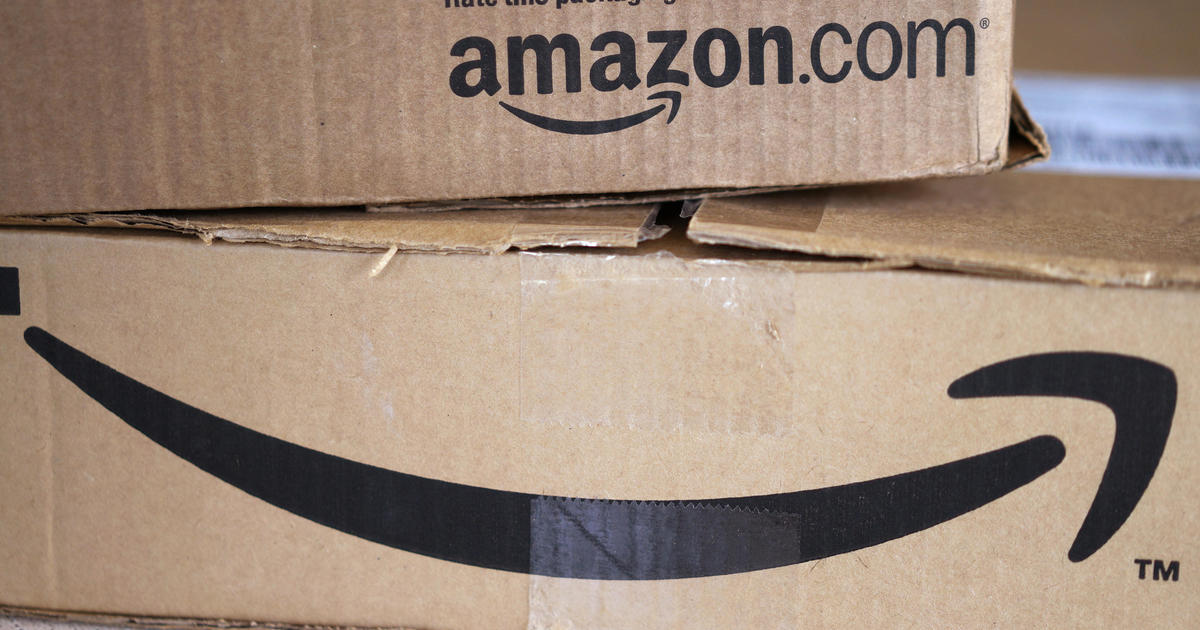- Amazon plans to offer sales on an astounding 1 million products on Monday and Tuesday.But experts say to do your research before buying, because not every product will offer the best bang for your money. In some cases, consumers may be better off waiting for Black Friday sales in November.
What is Prime Day and how does it work? Amazon Prime Day 2019 kicked off 48 hours of sales Monday morning, but not everything on the site will be a bargain. As in any shopping situation, the age-old advice of “caveat emptor” (buyer beware) holds true during the two-day event.
Amazon is counting on its latest Prime Day event to not only to jazz up its sales during the slower summer months but to convince more consumers to sign up for its $119 annual Prime membership since deals are only available to Prime members.
- Best Prime Day deals: Instant Pot, Recast DVR, a free Echo, iPads, AirPods, Marvel moviesPrime Day 2019: Here is your secret weapon for dealsBest Prime Day deals for under $25
For consumers who already have a Prime membership, checking out the sales on Monday and Tuesday will be tempting — especially as Amazon will dangle some “Lightning Deals” throughout the Prime Day event. These sales offer a limited number of products, and as soon as they’re sold out, the deal vanishes. That can create the illusion of scarcity and prompt some consumers to click “buy” before analyzing whether they even need the product.
That’s why experts recommend you jot a list of items you need before Prime Day kicks off on Monday, or create a wish list on Amazon to keep track of what you really want. That could help you avoid impulse shopping during the event.
Below are 4 more pitfalls to avoid on Prime Day.
Don’t assume it’s the best price
Just because a product is on sale doesn’t mean that’s the best price you’ll see all year. For instance, gaming console prices tend to be lower during Black Friday sales, said Kristin McGrath, shopping expert and editor at Offers.com.
“Prime Day may have some gaming discounts, but they likely won’t be as impressive,” McGrath said. “I’d advise people to do a quick price comparison and see if other retailers are offering a better price, or a sitewide promo code that brings the price lower than Amazon’s.”
Check the reviews for fakes
Fake reviews are proliferating online because consumers put so much stock in them. That means it’s up to the consumer to check whether a product’s reviews are stuffed with promotional comments and fake reviews, which can make a product appear better than it actually is.
About one-third of Amazon reviews are fakes, according to a recent study from Fakespot.com, which analyzes reviews for authenticity.
Consumers can plug in the URL of a product into Fakespot’s website, which grades the reviews from A to F and provides insights into whether a retailer has removed reviews, a sign that some of the reviews may have been fake or biased.
Be wary of unfamiliar TV brands
Television sets are among the big deals that will be touted this year, with Amazon offering an early sale on a Toshiba Fire TV set. But not all the television sets will offer good value, according to PCMag.com, which is warning consumers to research picture quality and avoid buying low-end products.
“If a brand at a discount retailer seems unfamiliar and is priced too good to be true, however, you should probably steer clear,” said Will Greenwald, TV analyst at PCMag.com. “These ‘drugstore’ TV models tend to be lower quality and less consistent than more familiar brands.”
Don’t skip Amazon’s other Prime Day perks
It’s easy to focus on the Lightning Deals and Prime Day sales, but that means you might miss out on Amazon’s related deals, like one from Whole Foods that will give you $10 to spend on Amazon for Prime Day if you spend $10 at the food store through Tuesday.
Some offers are available before Prime Day, like one geared for book lovers. Prime customers who spend $20 on ebooks before July 14 will receive a $5 credit toward ebooks from Amazon. The hitch is that you have to register for the deal, which is available here.
